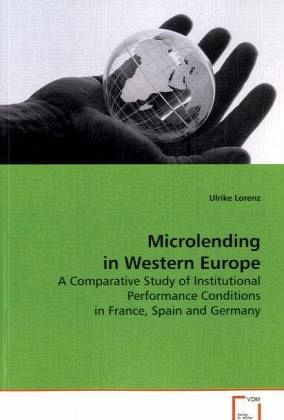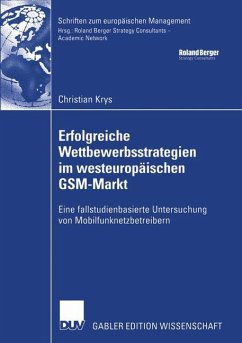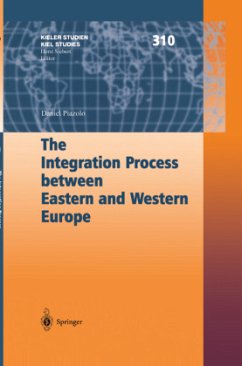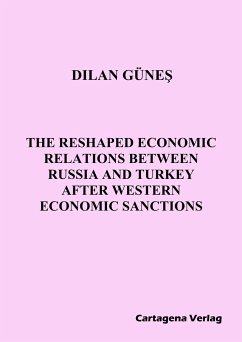
Microlending in Western Europe
A Comparative Study of Institutional PerformanceConditions in France, Spain and Germany
Versandkostenfrei!
Versandfertig in 6-10 Tagen
32,99 €
inkl. MwSt.

PAYBACK Punkte
16 °P sammeln!
Microfinance started as a regionally practised ideain the Southern hemisphere that turned out to becomea major development movement replicated on fivecontinents. Its idea stems from a simple but crucialquestion: Why do poor people often stay poor?As microfinance is perceived to help people to becomeself-supporting, it was only a matter of time that itwould also gain prominence in industrialisedcountries. Yet, whereas microfinance institutions indeveloping countries often provide a broad range offinancial services, organisations in Western Europefocus on microlending. How can this be explained?...
Microfinance started as a regionally practised ideain the Southern hemisphere that turned out to becomea major development movement replicated on fivecontinents. Its idea stems from a simple but crucialquestion: Why do poor people often stay poor?As microfinance is perceived to help people to becomeself-supporting, it was only a matter of time that itwould also gain prominence in industrialisedcountries. Yet, whereas microfinance institutions indeveloping countries often provide a broad range offinancial services, organisations in Western Europefocus on microlending. How can this be explained?What constitutes differences between the models?Which variables determine differences of microlendinginstitutions (MLIs) on a national European level?The book analyses the concept of microlending inthree Western European countries - France, Spain andGermany - by assessing relevant conditionsdetermining the performance of MLIs based on thehypothesis that economic activity depends onentrepreneurial culture, the social-political contextand a regulated framework to co-determine economicsuccess.It addresses representatives of lobby groups, NGOsand political economist.












